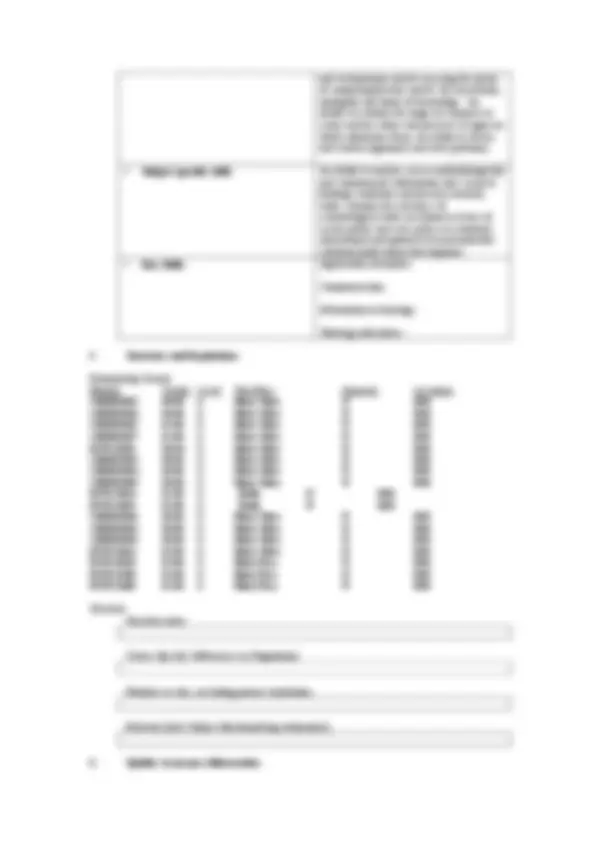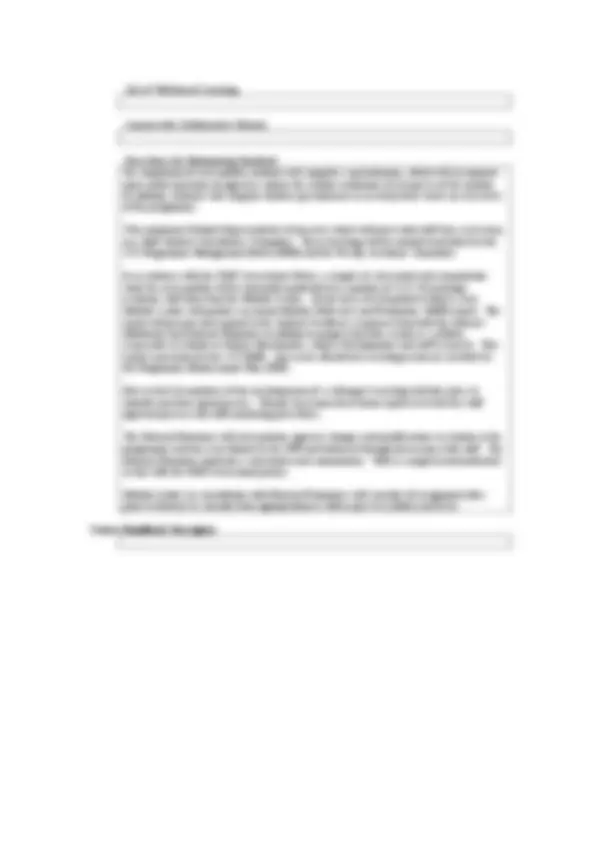




Study with the several resources on Docsity

Earn points by helping other students or get them with a premium plan


Prepare for your exams
Study with the several resources on Docsity

Earn points to download
Earn points by helping other students or get them with a premium plan
Community
Ask the community for help and clear up your study doubts
Discover the best universities in your country according to Docsity users
Free resources
Download our free guides on studying techniques, anxiety management strategies, and thesis advice from Docsity tutors
De Montfort University. Course Template. 1. Basic information. • Course Name: Criminology and Criminal Justice with Psychology. • Course Code:.
Typology: Study notes
1 / 4

This page cannot be seen from the preview
Don't miss anything!



De Montfort University Course Template
1. Basic information
Access Course Pass. English and Maths GCSE equivalency required, 12 level 2 credits in each subject. Interview: No Work Experience: No International Baccalaureate: 28+ International Students: If English is not your first language, we require an English language level of IELTS 6.5 or equivalent. Personal Statement selection criteria Clear communication skills, including good grammar and spelling Information relevant to the course applied for Interest in the course demonstrated with explanation and evidence If relevant for the course - work and life experience
3. Course Description Characteristics and Aims This programme attracts students from a range of diverse backgrounds. Students are encouraged to undertake a relevant work experience opportunity on the programme, so that they may apply their theoretical learning to policy and practice. At the heart of this programme is the recognition that students must leave the university fully-equipped to work in either the criminal justice or allied sectors and that their employability will be enhanced through the development of knowledge and skills obtained during work experience opportunities. Students study the core criminological and social science concepts and theories that underpin work in the criminal justice and related sectors, and how these are applied to policy and practice. The programme reflects current practice, has a strong commitment to diversity and anti-discriminatory practice and is built on an ethos of collaboration and partnership. Students are encouraged to engage with, and reflect on, real-life practice issues when working collaboratively with others. The programme team support, develop and challenge students to become effective practitioners. Students who wish to progress with academic study can undertake postgraduate provision available in the Division. Teaching, Learning and Assessment Strategies A range of teaching methods and assessments are utilised to meet the needs of students from diverse educational backgrounds, and to ensure that students are not disadvantaged by an over- reliance on one type of assessment method. This input is supplemented with online support via the Blackboard VLE, along with group and individual tutorials. Students with a learning difference/disability are referred to the Faculty Disability Co- ordinator. 4. Outcomes Generic outcome headings What a student should know and be able to do upon completion of the course - Knowledge & understanding A critical understanding of the key concepts and theoretical approaches that have developed in relation to crime and victimisation, including the relationship of various salient aspects of diversity; the social and historical development of punishment; the organisation and governance of efforts to prevent harm, assess and manage risk and ensure personal safety and the nature and use of research strategies/methods - Cognitive skills An appreciation of the complexity of crime
QA of Workbased Learning Liaison with Collaborative Partners Procedures for Maintaining Standards On completion of each module students will complete a questionnaire, which will incorporate open-ended questions designed to capture the student evaluation of all aspects of the module. In addition, students will complete another questionnaire to ascertain their views on each level of the programme. Two nominated Student Representatives from each cohort will meet with staff twice each term in a Staff Student Consultative Committee. These meetings will be minuted and tabled at the CCJ Programme Management Board (PMB) and the Faculty Academic Committee. In accordance with the DMU Assessment Policy, a sample of coursework and examination work for each module will be internally moderated by a member of CCJ / Psychology academic staff other than the Module Leader. On the basis of all module feedback, each Module Leader will produce an annual Module Reflective and Evaluation (MEP) report. The report will present and respond to the students' feedback, responses from both the Internal Moderator and External Examiner in addition to progression data, resources, syllabus (especially in relation to Subject Benchmarks, subject developments and staff research). This report is presented to the CCJ PMB. Any issues identified as needing action are included in the Programme Enhancement Plan (PEP). Peer-review by members of the teaching team of a colleague's teaching will take place to identify and share good practice. Formal classroom observation reports feed into the staff appraisal process and staff mentoring procedures. The External Examiner will also monitor, approve changes and modifications in relation to the programme and this is facilitated by the PEP and furthered through discussions with staff. The External Examiner moderates coursework and examinations. Work is sampled and moderated in line with the DMU Assessment policy. Module leaders in consultation with External Examiners will consider all assignment titles prior to delivery to consider their appropriateness with respect to syllabus and level. Course Handbook Descriptor